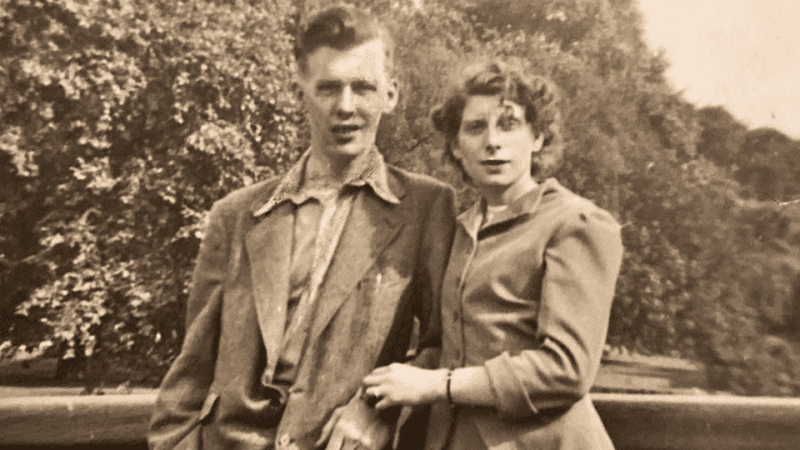Frailty and dementia
Understanding, recognising and managing frailty means the person with dementia can access the right care and support and have a better quality of life.

Admiral Nurse Tracy Browne shares tips on how to support someone living with dementia during a stay in hospital.
Going into hospital can be difficult for people with dementia due to the unfamiliar surroundings, people and routines.
At any one time, one in four hospital beds is occupied by people living with dementia. On average, they also stay in hospital more than twice as long as people over 65 who don’t have the condition.
There are a number of reasons why people living with dementia have an increased risk of being admitted to hospital. For example, they might not always recognise when they are hungry or forget to drink, which can leave them malnourished, dehydrated and susceptible to infection. Falls are also common for people with dementia due to difficulties with judgment, sensory perception, mobility and coordination.
Whilst a person with dementia may go into hospital for a planned procedure such as an operation, many people I support are admitted in an emergency – and this number is increasing. Between 2012 and 2018, the number of people with dementia admitted to hospital in an emergency increased by 70%.
An unplanned hospital stay can be very stressful for both the person with dementia and their family. This is something Shara, whose mother had vascular dementia, experienced firsthand.
Shara says, “In 2013 Mum had a number of falls and after a traumatic 32-hour wait in A&E, she was admitted to hospital for eight weeks. My dementia specialist Admiral Nurse understood the pressures of the hospital setting and suggested making a health and care passport which helped hospital staff understand Mum’s history and who she was as a person.”
Creating a health and care passport, which provides information about the person to help guide their care, is one of the ways that good preparation can help make an unplanned hospital admission easier.
Managing a hospital stay and the time after discharge can be challenging, but Dementia UK’s specialist Admiral Nurses are here for you.
If you need advice or support on navigating the transition of care for someone with dementia, please contact Dementia UK’s free Helpline on 0800 888 6678 or email helpline@dementiauk.org
Understanding, recognising and managing frailty means the person with dementia can access the right care and support and have a better quality of life.
Going into hospital can be difficult for people with dementia due to the unfamiliar surroundings, people and routines, but there are many ways to help in this unsettling situation.

Helen shares her family’s experiences of trying to navigate the fragmented health and social care system after her mum was diagnosed with Alzheimer’s disease.